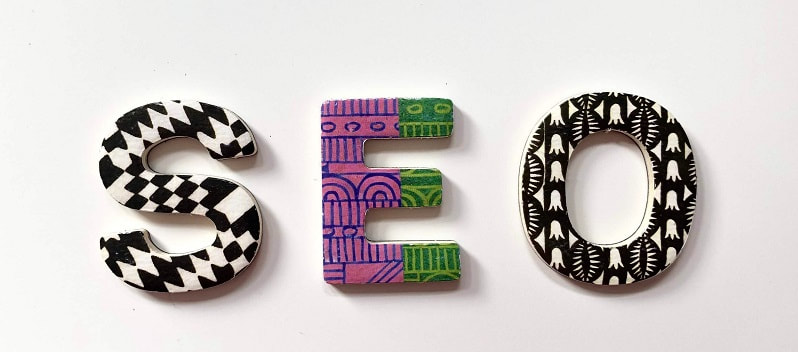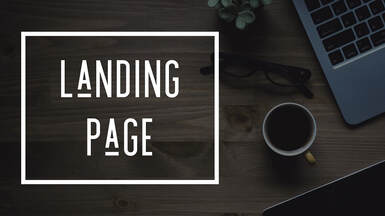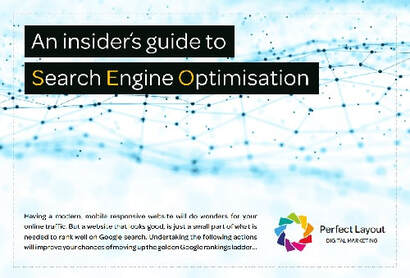|
SEO Stands for Search Engine Optimization and basically refers to the processes that are followed when it comes to optimising (getting the most out of) a website to be ranked by search engines. The most popular search engines on the internet are Google, Yahoo, Bing and Microsoft. When a website is designed and developed, it should represent more than just a portfolio of your products and services. After all, what’s the point of having a website that looks awesome, but goes unseen by the people that would like to buy your wares? SEO is the technical part of marketing online as it helps your website get promoted to the correct location – right in front of buying customers. There are various techniques used to get more traffic to your website from search engines, which can be broken down into two categories. Off-page SEO, is the work undertaken externally to a website and on-page SEO are the changes made on the actual website. Why is SEO important? Undertaking SEO is important as it can improve the volume and quality of traffic to a website from search engines. If you want to get more visitors to your site, then you must employ SEO. Remember, there are billions of websites on the internet and billions of people visiting those sites looking to buy or hire services or products. If you want to receive some of that revenue then add SEO to your timetable and budget. On-page SEO, examples… Keywords are very important for every business as they can drive targeted web traffic to your business for free. To use keywords effectively, they must form part of quality content writing. When a visitor uses a search engine, like Google, to find what they are looking for, the content on your website comes under scrutiny. With quality content and SEO-friendly formatting, the Google algorithm, for example, will look for important words at particular places on your web page or blog post – thus enabling you to get found. Long-tail keywords can also be used with great effect. These are keyword phrases that contain at least three words, sometimes more and can be used to target niche demographics rather than mass audiences. In other words, they're more specific and often less competitive than generic keyword terms and are very specific to whatever you are selling. An example could be 'wedding venues in Romford', this is more specific than 'wedding venues' Some businesses choose to include keywords relevant to their business in their domain name. This strategy works as long as the name is in line with the brand identity for the website. It is also important not to limit your business by choosing a name that is applicable for your business only in the short term. Let your 5 to 10 year business plan reflect where you want to be long term. A conversion comes in different formats. For example, it may mean that a visitor has left their details in a 'contact us' form; someone buys a product, or leaves a comment on your blog post. So what is a landing page? A landing page, sometimes called a destination page, is the web page that visitors arrive at after they click the link on a search engine results page or social media post. A landing page can be the first page of a website that was advertised on the search engine results page, or a website page that appears most relevant to your search query. This page generally displays logical information, usually something that pertains directly to the keywords searched for, or has the keywords directly on the page. It is very important to optimise your landing pages for two reasons. Firstly, an optimised landing page is likely to get higher rankings by the search engines. Secondly, attractive landing pages are likely to lead to conversions of your potential customers. Off-page SEO, examples… It is key to remember that search engines are not humans but text-driven computers. They do not care about how a website looks but more about the content within it. The main processes of search engines are crawling, indexing and retrieving information. Meta tags Search engines review not only the content within a website but also the information that describes the pages. On a website, meta tags should be applied to the title and description of each page. Search engines use the meta data to better understand what your page or post is all about. When a search engine creates your listing, the meta data is used for the title and description showing up for your page or post. As a result, with the right title and description, you improve your SEO positioning. Links Linking to other websites is another vital part of the SEO process. When a website is newly created it can take some time to be indexed in the search engines. Having links to and from other websites makes this process much faster but should be undertaken with moderation. Creating too many links, too quickly can lead to problems and potentially being penalised by the search engines. Obtaining quality backlinks is imperative, as it can improve the importance of your website. There are 3 types of links: Inbound links - when an external website links to your page Outbound links - when you link your website to an external web page Internal links -when you link a page to another page that is within your website This blog doesn’t cover the full list of SEO techniques out there, but is a start to getting your head around what you need to do. Give us a call on 01708 578 015 if you would like to discuss how we can improve your website and get you ahead of your competition.
0 Comments
Your comment will be posted after it is approved.
Leave a Reply. |
Topics
All
|
Insider's guide to Search Engine Optimisation
Are you ready to improve your own website? Here's a front-page preview to our guide that can help. Complete the form and download your free copy!
Perfect Layout Digital Marketing
|
HoursM-F: 9am - 5pm
|
Telephone |
|
Copyright © 2024. All rights reserved. Blog policy. Privacy Policy. Photography by Picture Partnership








